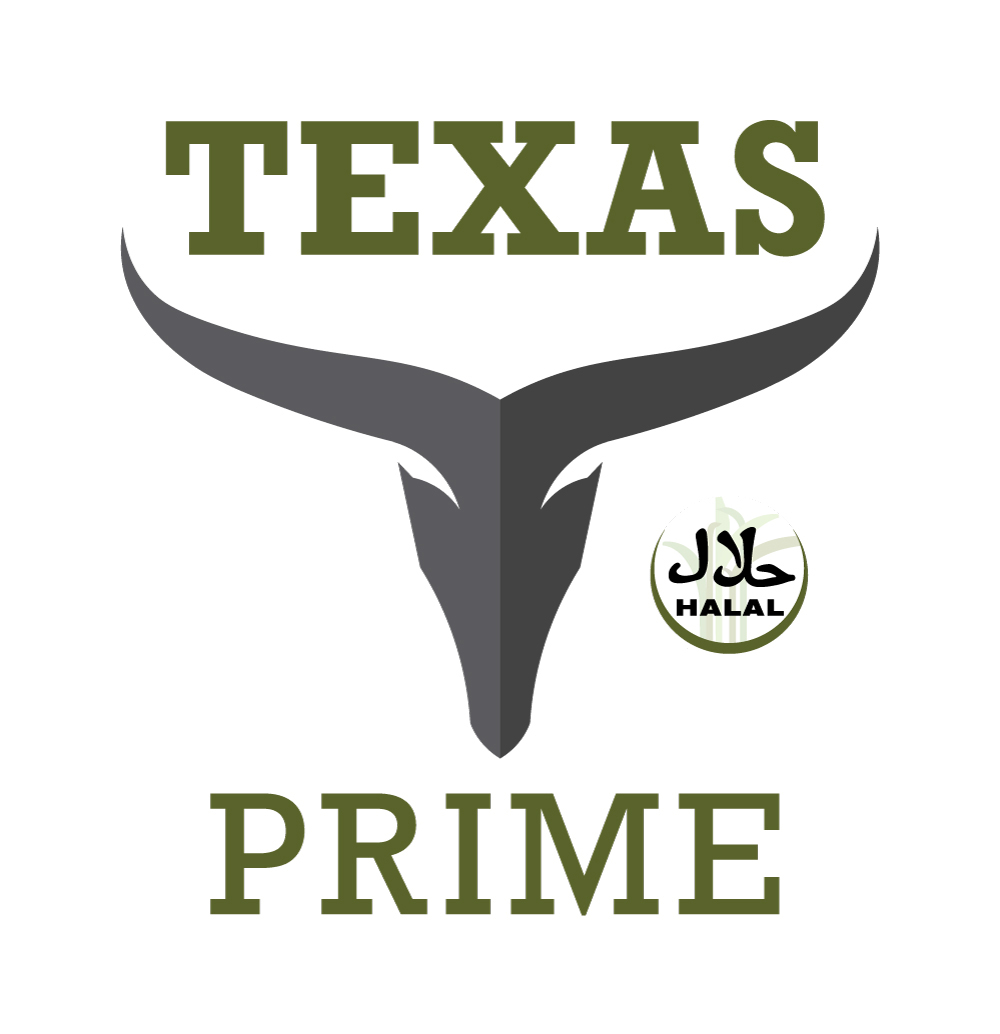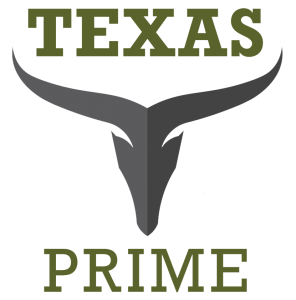
About Tallgrass
Texas Prime
Tallgrass family of products is raised the way they were meant to be raised. As a result, we have a process that’s better for the animals and the planet, and products that are better for dinner and for you. That’s success in my book. If you haven’t already experienced Tallgrass products, we invite you to try it and see for yourself why we say it’s America’s finest protein.
The growing trend toward natural and organic foods has pervaded every part of the supermarket and America’s menu. Grass-fed beef has emerged as the perfect choice for U.S. consumers looking for a healthy, environmentally friendly source of meat.

DBA

At first glance, it’s almost hard to believe—red meat that doctors have taken away from their heart patients can be transformed into a health food that doctors now recommend. Whoever heard a doctor say, “eat more red meat”?
But it’s true, based primarily on the health studies of groups like the Union of Concerned Scientists, a Harvard and Washington-based advocacy group. In a report issued in March, 2006, the UCS analyzed the scientific literature comparing differences in fat content between pasture-raised grass-fed cattle and conventionally-raised beef cattle. It concluded that grass-fed steak and ground beef was almost always lower in total fat than conventionally raised beef. It noted higher levels of omega-3 fatty acids EPA and DHA in grass fed cattle, in addition to higher levels of CLA.
After more than a decade of marketing grass-fed beef, we’ve decided to expand our product selection “Halal Tallgrass”. Halal is an Arabic word meaning lawful or permitted. In reference to food, it is the dietary standard. The opposite of halal is haram, which means unlawful or prohibited. Halal and haram are universal terms that apply to all facets of life. These terms are commonly used in relation to food products, meat products, cosmetics, personal care products, pharmaceuticals, food ingredients, and food contact materials.
HALAL Tallgrass will be covering Beef, Veal, Lamb, Chicken and other related Processed items for the retail and Foodservice market.
We pioneered grass-fed beef as having the most nutritious and healthy attributes in the marketplace. High in Omega-3 essential fatty acids, CLA or conjugated linoleic acid in addition to offering many vitamins, the expense of producing grass-fed beef has priced many consumers out of reach. Keeping that in mind we are now also serving the traditional American plate who prefer the taste of traditional grain fed beef that has dominated America’s dinner for 60 years.
At Tallgrass, due to our strict selection program, it offers the highest quality. This selection program guarantees the highest degree of marbling and provides our clients with a tender, juicy and flavorful product with remarkable consistency.
What is halal meat?
- Halal is Arabic for permissible. Halal food is that which adheres to Islamic law, as defined in the Koran.
- The Islamic form of slaughtering animals or poultry, involves killing through a cut to the jugular vein, carotid artery and windpipe.
- Animals must be alive and healthy at the time of slaughter and all blood is drained from the carcass. During the process, a Muslim will recite a dedication, know as tasmiya or shahada
- There is debate about elements of halal, such as whether stunning is allowed.
- Stunning cannot be used to kill an animal, according to the Halal Food Authority (HFA), a non-profit organization that monitors adherence to halal principles.
Is it different from kosher meat?
- Kosher food complies with Jewish dietary law (kashrut), again governing what can and cannot be eaten by those practising the faith.
- There are similarities in the method of slaughter in that both require use of a surgically sharp knife and specially-trained slaughtermen.
- Jewish law strictly forbids the use of stunning and meats are not blessed in the same way.
- Unlike for halal, kashrut does not require God’s name to be said before every slaughter after an initial blessing.
- Kashrut forbids the consumption of certain parts of the carcass, including the sciatic nerve and particular fats.
- Halal also forbids the consumption of some carcass parts including the testicles and bladder.

 The grass-fed beef revolution is here, and Tallgrass Beef Company is leading the way. If you’re new here, we invite you to explore our site to learn the benefits of grass-fed beef, and why we believe our grass-fed beef is healthier.
The grass-fed beef revolution is here, and Tallgrass Beef Company is leading the way. If you’re new here, we invite you to explore our site to learn the benefits of grass-fed beef, and why we believe our grass-fed beef is healthier.